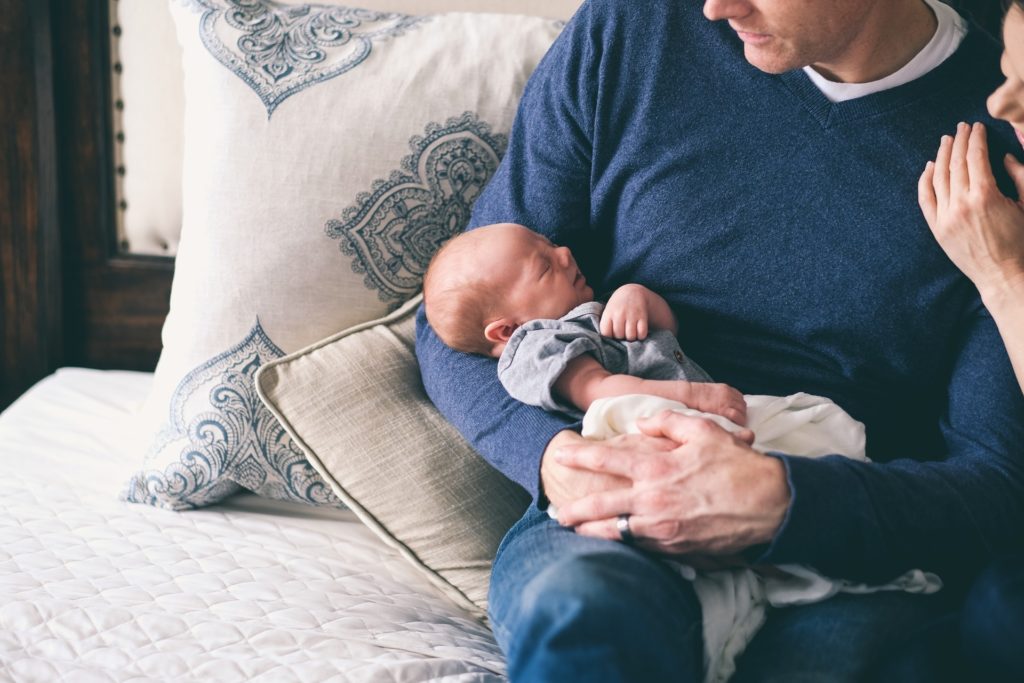A father's touch is just as important for a baby's development as a mother's touch, even though many fathers hold back too much, research shows.
Physical contact between parents and their baby is crucial for the child's development. For example, children who receive enough positive touches are much more resistant to stress later in life.
Mothers are the main suppliers of these touches, even though the role of fathers is just as important, according to new research conducted by Martine Van Puyvelde, a professor at the Free University of Brussels, in cooperation with the University of Liverpool.
The research, which was recently published in the scientific magazine Frontiers in Physiology, shows that a father's touch has the same positive effect on newborn babies as a mother's.
"These results underline the equal importance of both the mothers' and fathers' roles in caring for a newborn baby, and we also want to encourage dads to actively contribute to this," said Van Puyvelde in a press release.
Parental touch triggers all kinds of physiological mechanisms in babies, like a slower heart rhythm and calmer breathing. This process is important for the optimal development of the parasympathetic nervous system, which is responsible for the rest and recovery of the body.
During an experiment, 25 mothers and 25 fathers were asked to hold and caress their child. The baby's heart and breathing rhythm were monitored, before, during and after the touch.
The results showed that both the heart and breathing rhythm of the babies slowed down during and after being caressed, with no difference between mothers and fathers. Video images also showed that both parents intuitively caress their child the same way and in the same spots.
This specific way of caressing stimulates the activity of the so-called C tactile (CT) afferents, specialised receptors in the skin that react to soft and gentle touches, which then send emotional information about this touch to the brain.
"Today, fathers are much more present than in the past, but many fathers seem to remain cautious to take that active care at the beginning of parenthood. They often reason that mothers have a physiological advantage through pregnancy, which leads to insecurity in dads. But that is not necessary," Van Puyvelde added.
Maïthé Chini
The Brussels Times

